#Moai
Explore tagged Tumblr posts
Text



emoaiticons
9K notes
·
View notes
Text
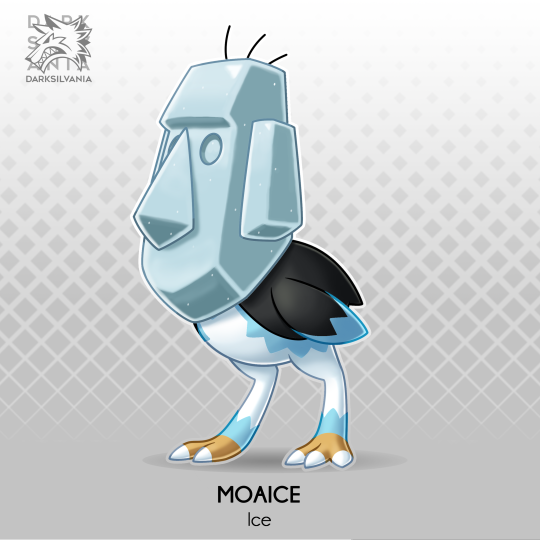
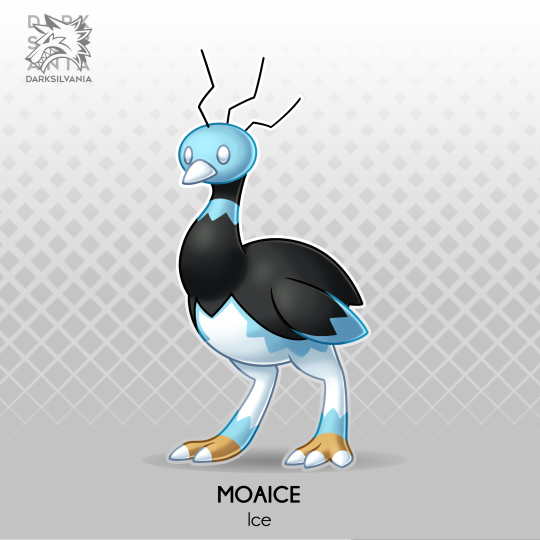
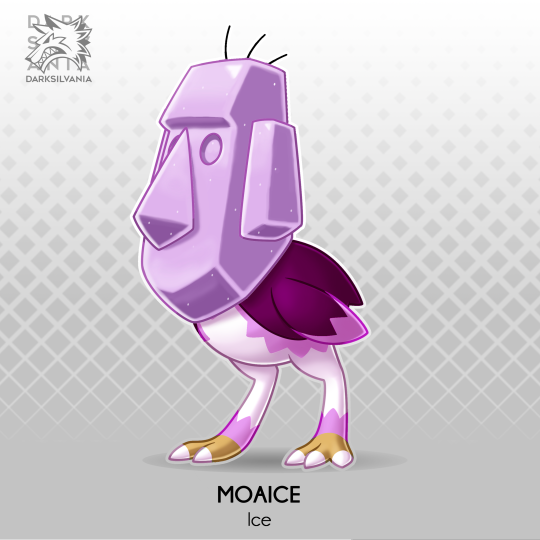
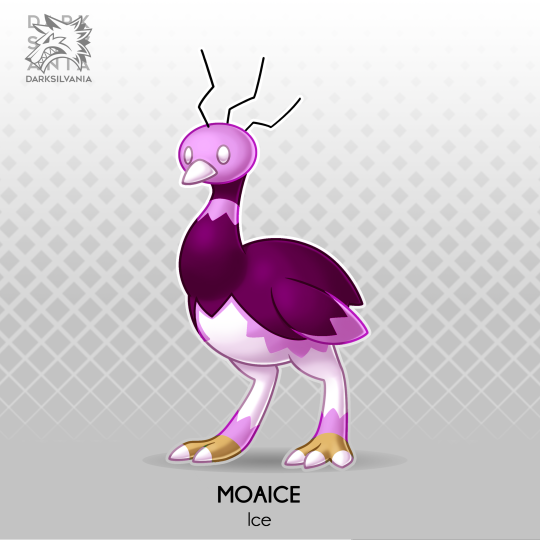
MOAICE [Moa + Moai +Ice] Ice The Moa Pokemon -Evolves from EISCUE with an Ice Stone Abilities: Ice Face Dex: "Its large ice head resembles ancient monoliths from a distant land, this mysterious connection is still being investigated by researchers. Despite its large size and having to carry its large ice head around, it moves remarkably fast thanks to its long and strong legs.” Moveset: -Glacial Wreck >Ice type / pwr 130 / acc 90 / pp 5 "The user tackles its opponent with its giant ice head, this causes its ice head to break” >This move can’t be used if the pokemon doesn’t have its ice head >This move may leave the opponent frozen -Icicle Crash -Ice Spinner -Snowscape
I had a dumb idea for an EISCUE evolution and had to see it through, this came to me when I was thinking "What would happen if we could sculpt the ice block on EISCUE's head into another shape and things just kept going from there
MOAICE, as the name suggests, its based on the Moa, an extinct giant flightless bird from New Zealand mixed with the Moai, the giant monolithic sculptures from Rapa Nui / Eastern Island
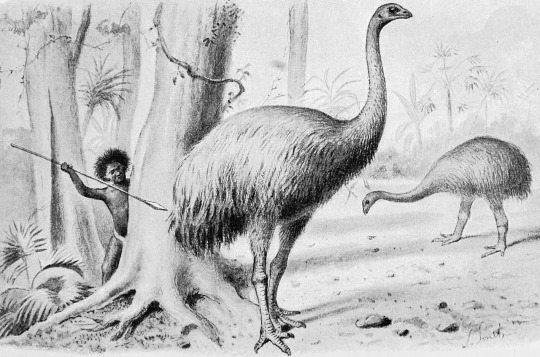
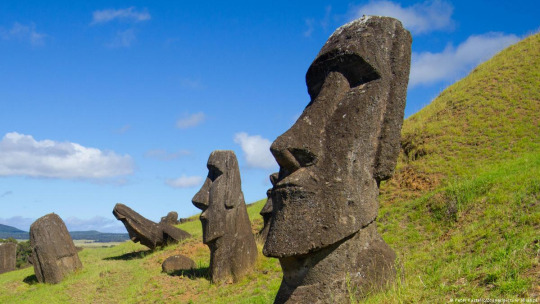
#pokemon#fakemon#fake pokemon#ice pokemon#ice fakemon#eiscue#ice type#fake evolution#moai#moai statue#moai head#moa
1K notes
·
View notes
Text
A building near my house burned down. I tried to take a picture of the view that used to be blocked by the building to send to my friends, but I somehow got magically teleported to a giant statue that looked like a Moai.
241 notes
·
View notes
Text


Torn label that I feel Goes Hard
104 notes
·
View notes
Text
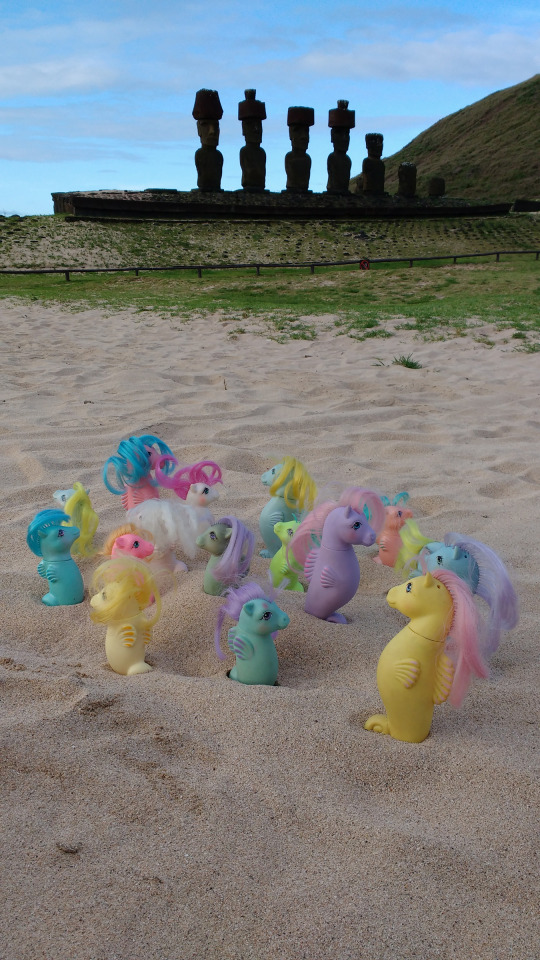
The sea ponies are just hanging around on the sand in front of the moai at Anakena.
On Rapa Nui (Easter Island).
291 notes
·
View notes
Text

BIG Moai-san 🗿
#plush#plushie#plushies#plushblr#plushcore#toycore#soft toy#moai#moai head#moai statue#easter island#plush: object#plush: ???#🗿#EMOTION
281 notes
·
View notes
Text

“The Adventures of Tintin at Mysterious Island” Andy Santoso 2024
82 notes
·
View notes
Text
Gradius!
The Moai in Gradius be like:
⭕⭕🗿
40 notes
·
View notes
Text

✅️ bang bang bing
❎️ bing bing bang
bang bang bing bing bing bing bang bang
57 notes
·
View notes
Text

Art by me @cidsin Day 027 Kid Pirates Month 2025
Yeah not everyone on that ship enjoys Udon Noodles.... Kid and Killer both still are thinking over what happened to them with these. So not the best Nostalgia but I couldn't think of anything better ^^'
#kid pirates month 2025#cidsin#minun taide#one piece#op#one piece fanart#op fanart#eustass kid#killer#dive#moai#udon noodles#traditional#traditional art
32 notes
·
View notes
Text

Tangata Manu
#digital art#my art#artists on tumblr#digital artist#art#trans artist#illustration#mythology and folklore#history#rapa nui#easter island#moai#chile
33 notes
·
View notes
Photo

Happy Easter 2025
The whole drawing is humor, a pun based on "Easter" and "Easter island". Happy Easter 2025 to all of you ! Traditional art 08/04/2025 Art and ideas (C) Carol (NightDragon07)
Posted using PostyBirb
#traditionalart#colorpencil#drawing#spring#springthemed#easter#easterthemed#happyeaster#happyeaster2025#joke#humor#pun#moai#moaistatue#statue#rabbitears#animals#birds#chicks#eastereggs#eggs#colorful#nature#flowers#myart#mystyle
13 notes
·
View notes
Text


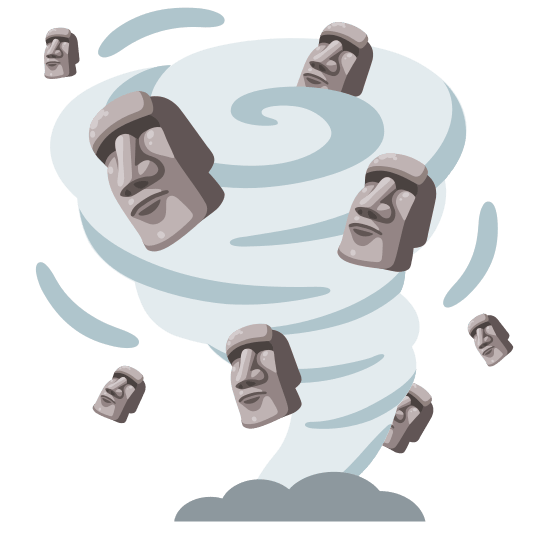

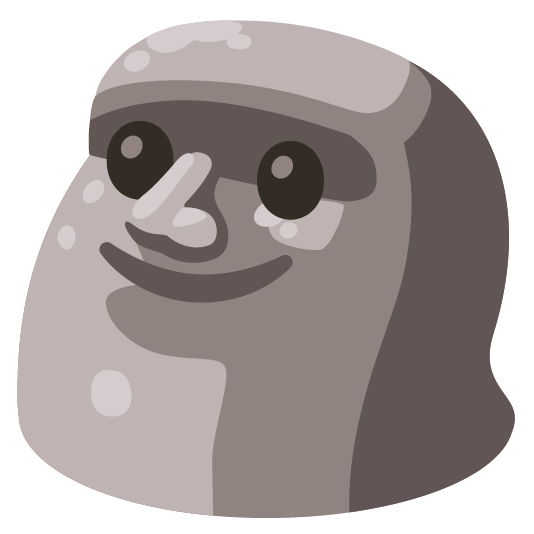
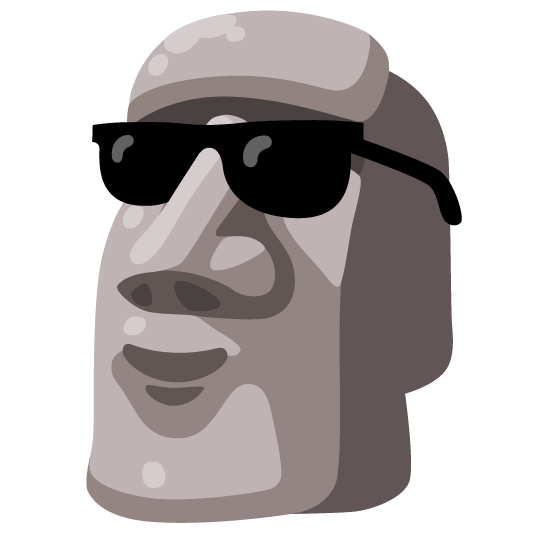
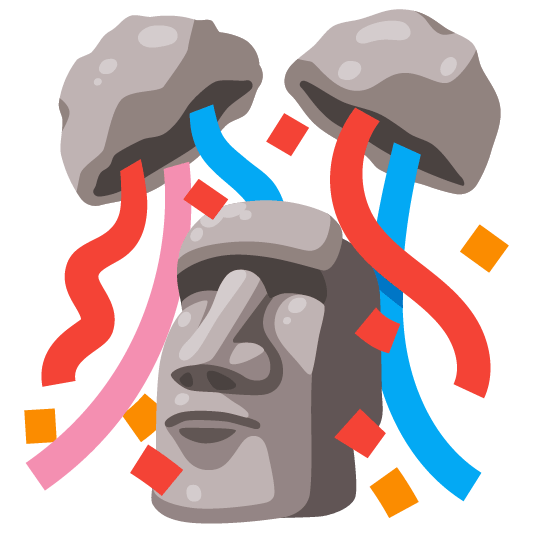

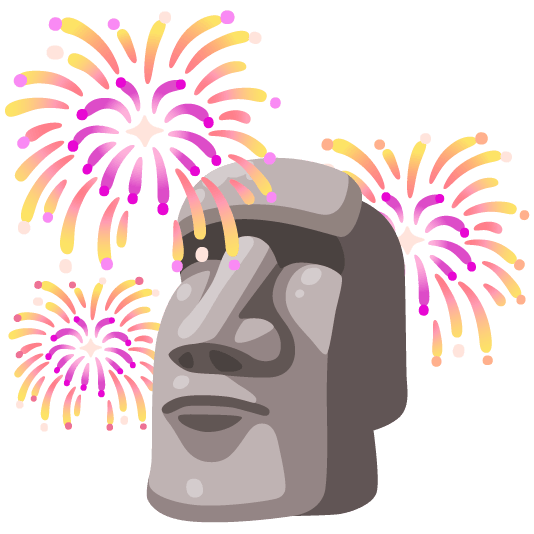
169 notes
·
View notes
Text

“There exists in the midst of the great ocean, in a region where nobody goes, a mysterious and isolated island. The island is planted with monstrous great statues, the work of I don’t know what race, today degenerate or vanished; its great remains an enigma.” Pierre Loti, French Naval Officer and novelist.
Work to restore Ahu Tongariki was undertaken in the 1990's when these toppled maoi were returned to their feet.
66 notes
·
View notes
Text

When you press 3
116 notes
·
View notes
Text

Legundo really made me think about the flower symbolism way too much, huh.





Individual pngs
#New stile yey#one day I will have a fixed way of drawing minecraft characters#UHC generatios#uhc generations fanart#Legundo fanart#Legundo#LeonSBU#LeonSBU fanart#Codeneon#Codeneon Fanart#Quillbee fanart#Quillbee#Moai#Moai fanart#Oh lord that was a lot of tags
38 notes
·
View notes